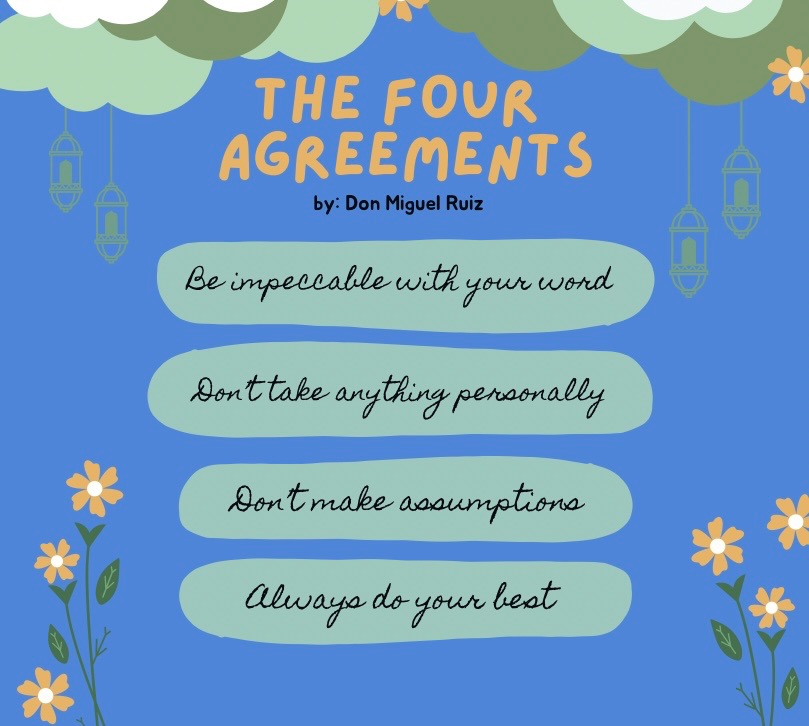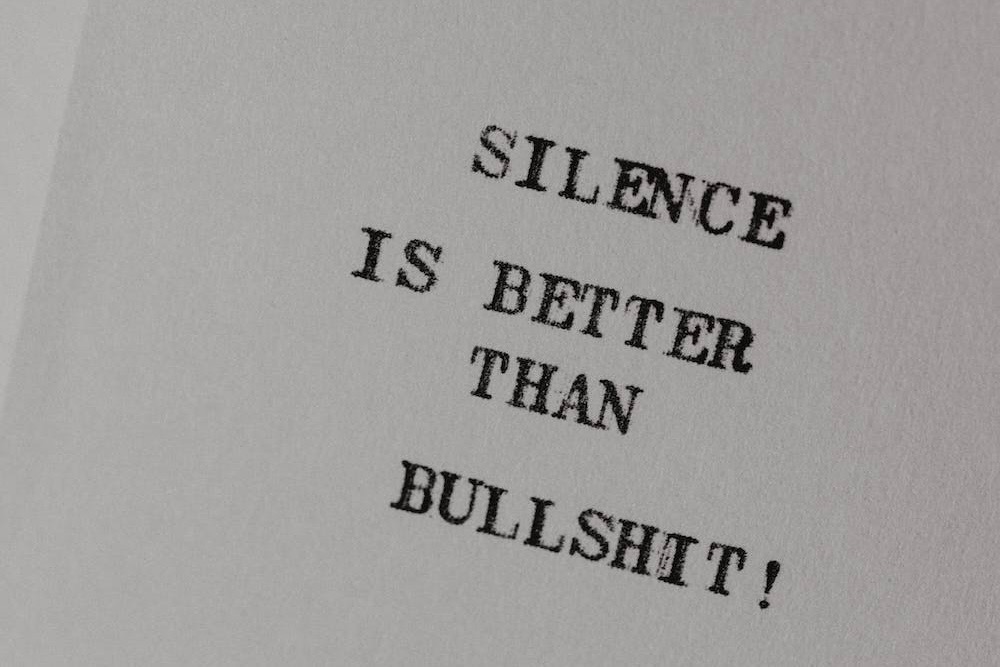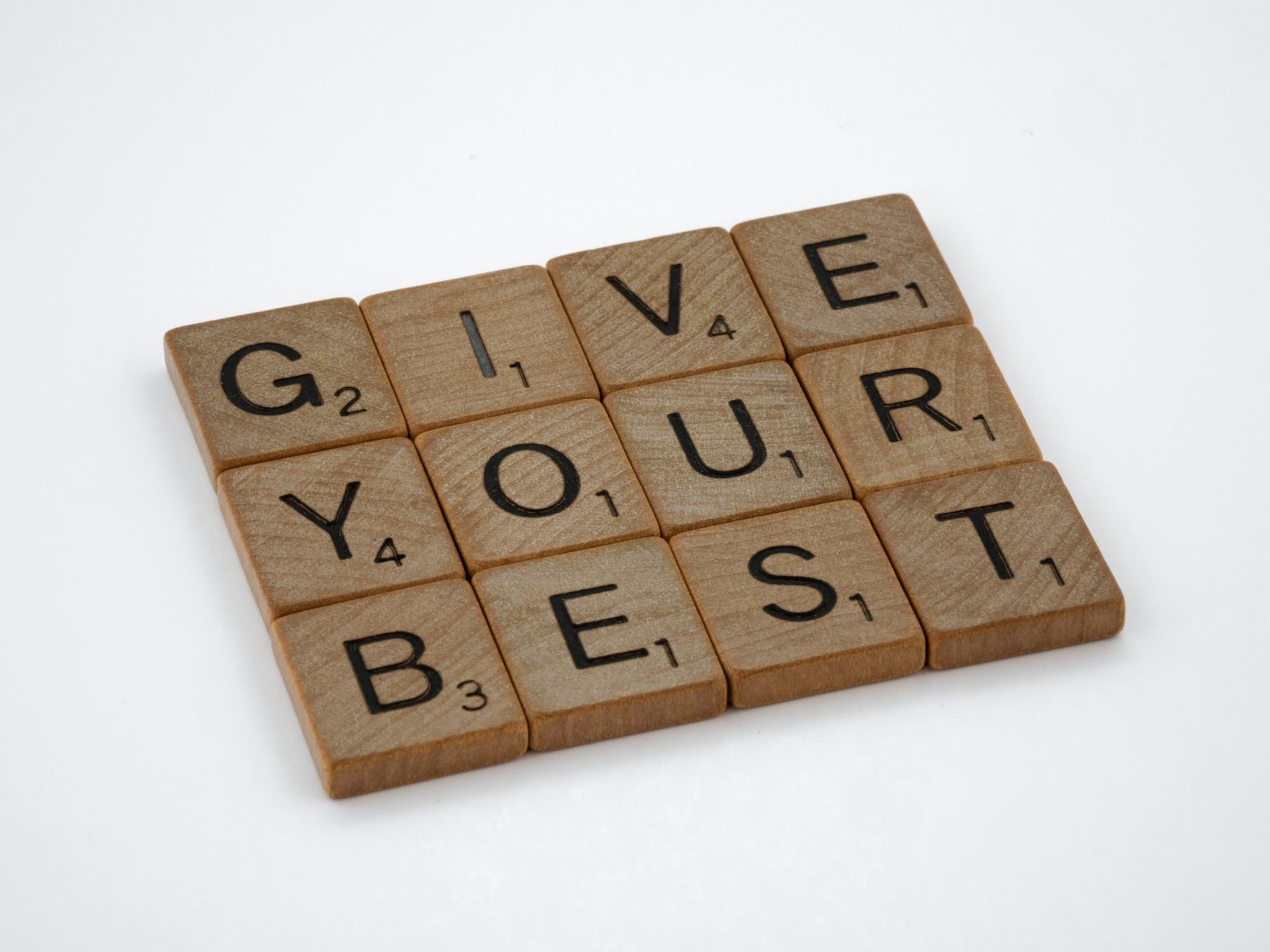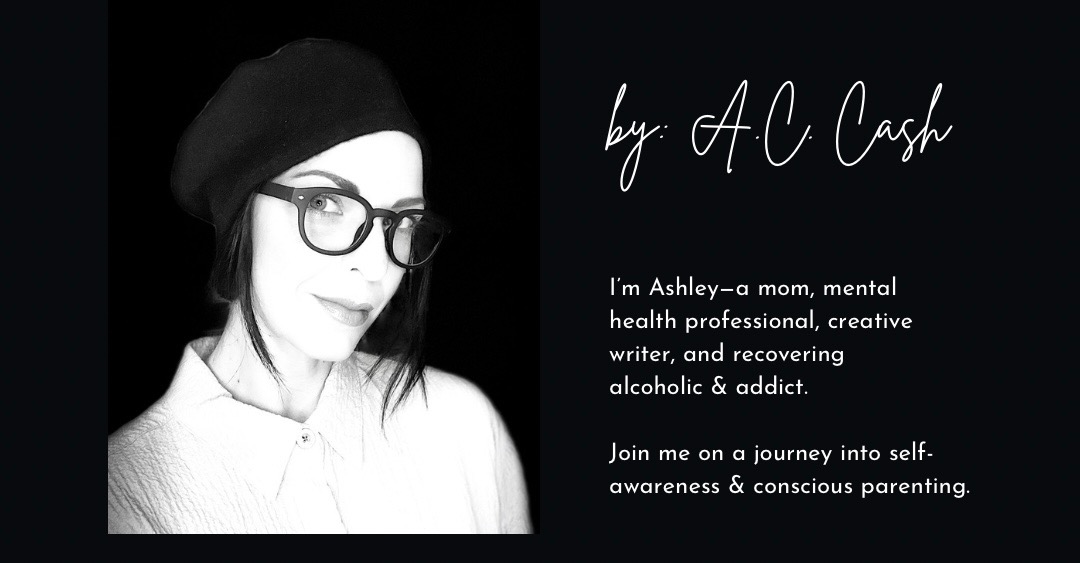
Vol. 16: The Four Agreements
In 1997, Don Miguel Ruiz published a book called The Four Agreements. Five years later, I discovered and read it for the first time—I was seventeen.
To say that I didn't follow the advice freely given to me in this short but powerful written work would be quite an understatement.
After all, I spent nearly two decades following on a vicious downward spiral.
But recently, I revisited the book of ancient insight, and to my astonishment, this four-part code of conduct makes perfect sense to me now.
I suppose it's because I, at this point in my life, am paying attention to the author’s use of the word “agreement.”
Ruiz's principles are rooted in traditional Toltec wisdom.
In their simplicity, these four suggestions to live by are challenging and center around the idea that we base our thinking and actions on deals or agreements we make with ourselves.

In the book, Ruiz says that we are all taught rules as children, which we make ourselves live by as adults. Not only that, but society imposes many things upon us, including the collective dream of the planet.
The rules of this collective dream are impressed upon us by our parents, schools, religions, and other influences. And somehow, without our knowledge or consent, we agree with these rules, dreams, and stories. They become that which we know to be true.
The problem is that some (most) of what society and our families taught us to believe, aspire to, and take stock in is complete and utter bullshit.
It's as if they fed us poison, and now we're sick.
The good news is there's an anecdote.
No.1 “BE IMPECCABLE WITH YOUR WORD”
One of my favorite one-liners I use on my son is:
"Say what you mean and mean what you say!"
I speak that exact sentence ten times a day, and typically by the seventh or eighth time, he knows I mean it.
Like, really mean it.
Words are powerful. They can uplift and empower or they can hurt and destroy.

The Oxford Dictionary defines impeccable as "per the highest standards; faultless."
For addicts and alcoholics living a life of sobriety, being truthful with ourselves and others is important because honesty is key to laying a solid foundation for addiction recovery.
Unfortunately, so much substance use thrives in lies and secrecy, but being impeccable with your word can help you re-establish yourself and regain respect from others.
Additionally, if you've ever relapsed, you may have agreed that it's your destiny to suffer forever, which isn't true. Relapse isn't a sign of failure; it's a part of recovery.
When it comes to parenting, I slip up occasionally with this first agreement. If I’m honest, sometimes my son is singing Top 40 Hits at club-level volume in the car, and all I want to do is use my words to make it stop.
Times like these are when I must choose my words carefully.
Sure, I could tell my kid his singing voice closely resembles that of a tone-deaf hyena, but it would do much less emotional damage if I chose a more appropriate phrase, such as:
"I'd appreciate it if you brought your vocals down a notch. Next time I am singing too loudly for your ears to handle, I hope you'll bring it to my attention."
No.2 “DON’T TAKE ANYTHING PERSONALLY”
Weeks ago, while researching this article, I listened to a—dare I say—woke podcast. The show’s two hosts experimented with living strictly by each of The Four Agreements for a solid week and then discussed the results during this particular episode..
One co-host expressed sheer disgust in the second agreement, citing childhood sexual abuse as an experience she could never not take personally. She went on to say that she felt attacked by her abuser, which was, naturally, very personal.
I get it, girlfriend. I do.
Still, suppose we allow another person, even our very own abuser, to dictate and control our thoughts, actions, or core beliefs. In that case, we are ultimately letting them and their disturbances shape who we are as a person.
When our happiness relies on others, in any shape or form, we lose.
Our future belongs to us and only us.
The words and actions of others have no bearing on who we were, who we are, or who we should strive each day to be.

Fortunately, my son didn't inherit my acute anti-social tendencies, and making friends comes easily to him.
But, he has come home from school and told me he experienced verbal bullying. So, after calming my inner rage and reminding myself of the power my words hold, I decided against lowering myself to the bully's level and spatting off at the mouth.
And instead, I said,
"Son, it has nothing to do with you."
Of course, I prefaced that comment by explaining to my boy that some people are going through things that may seem invisible to us. And sometimes those people say mean things to others that aren't remotely true. They do this to feel better about themselves.
I don’t have much experience with verbal abuse, but when I was in active addiction, I took everything personally; It gave me a perfect excuse for each time I consumed drugs and alcohol as a means of escape from reality.
No.3 “DON’T MAKE ASSUMPTIONS”
My dad always says, and I'm sure if you’re acquainted with a dad or two then you've heard this one at least once in your life:
"To assume makes an ass out of u and me."
And, it's true too.
No one in history ever got far based on their assumptions of how the world works and what other human beings think and feel at any given moment.
We do not know everything and won't get too close to knowing much if we don't ask questions and conduct credible analyses.
I come from a long lineage of worriers on my mother's side. Can you guess where ninety-nine percent of that fear-based worry derives?
From assuming the worst, that's where.

I know that not all of you hear thought dialogue in your head, but I can almost guarantee that you have an inner critic and an inner cheerleader.
It's easy to assume that the harsher critic knows best; her voice usually sounds more legit to me anyway. But, I beg of you to listen to your heart instead. The soft animal inside you runs on instinct, and intuition doesn't huddle up in the same corral as speculation.
In my experience, it becomes easier to distinguish the difference with more practice and fewer assumptions.
Because my kid is a human being who naturally avoids rejection, and because he's six years old, he likes to begin a big ask with,
"You'll probably say no, but..."
For the sake of transparency, I’ll tell you that I rarely say no to anything he asks because, in my household, we foster imagination and realize the importance of both adventure and exploration.
Also, I always follow my sometimes necessary no with an unambiguous explanation of why I'm not in agreement. Kids are more likely to accept your parenting decisions without qulam if they can relate to your reasoning.
Furthermore, I believe an essential lesson lies within every answer we give our children's questions, and there is much more room for wisdom to grow in a yes than in a no.
I swear I didn't intend for that to rhyme.
We're all born with a fear of rejection. Whether or not we experience sacrifice in our early upbringing, it's human nature to worry that our agendas and ideas won't fit into society's mold, thus resulting in repudiation.
Over the years, I passed up many valuable opportunities because I subscribed to the idea that I wasn't capable or worthy of success; I assumed I would always be insignificant in the grand scheme.
I'm happy I got over that.
No.4 “ALWAYS DO YOUR BEST”
Is it just me, or did Don Miguel save the best for last?
Before I delve any further into the fourth agreement, I must tell you this:
Your best won't always look the same.
You do your best work after dinnertime if you're a night owl like me. However, if you're a morning person like my partner, you run low on fuel by nine o'clock in the evening.
And when it's time to get my son ready for school at the break of dawn, my best sometimes looks like a neatly packed lunch that's missing the utensils required to enjoy the said meal.
So, remember, various factors determine what constitutes one's adequacy at any given moment.
Doing more than your best will leave you feeling drained, and doing less will make you feel dissatisfied and disappointed.
When we take the easy road and do things half-witted, we set ourselves up to be adjudicated and condemned by ourselves and others.
So to avoid self-judgment and regret, give it all you've got under any circumstance.
Subsequently, you'll be unable to blame yourself or anyone else for your mishaps when you're sure you did your part to the best of your abilities.
The comfort of earnestly saying, "I did the very best I could do," is well worth the extra effort.
This final agreement is the cornerstone of the four; mastering this last one means effortlessness in maintaining agreements one, two, and three.

Since he was old enough to walk, I've reassured my little boy that he is capable of tremendous and magnificent things.
But, when measuring greatness, I tell him to remember that everyone's yardstick isn’t cut to the same length. So long as he remains aware of his minimum and maximum, he can nicely gauge his strengths and weaknesses.
Of course, expecting anyone to shift their mindset from day one and follow all the agreements flawlessly is unrealistic.
However, we can choose the agreements that resonate with each of us personally and attempt to do our best to follow them. In doing that, we can relax knowing that we are doing all we can to develop personal freedom and happiness daily.
Also, adopting these four agreements doesn't mean the mind will automatically start running smoother. But if nothing else, The Four Agreements act as an awakening that challenges you to question deeply held beliefs and habits you've likely practiced purposefully or through domestic conditioning all your life.
Bottom line: Speaking with integrity, preventing the projections of others from affecting my well-being, never assuming the worst, and making every effort to produce my best work; This is a way of living that assures every day goes as smoothly as a dolphin on a water slide.
I'll see myself out.
THIS WEEK’S LINKS:

Post a comment